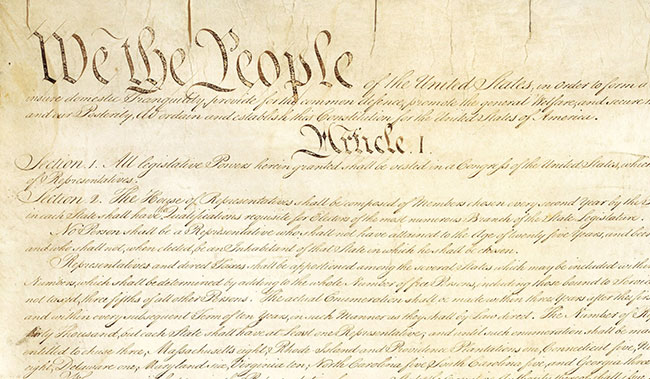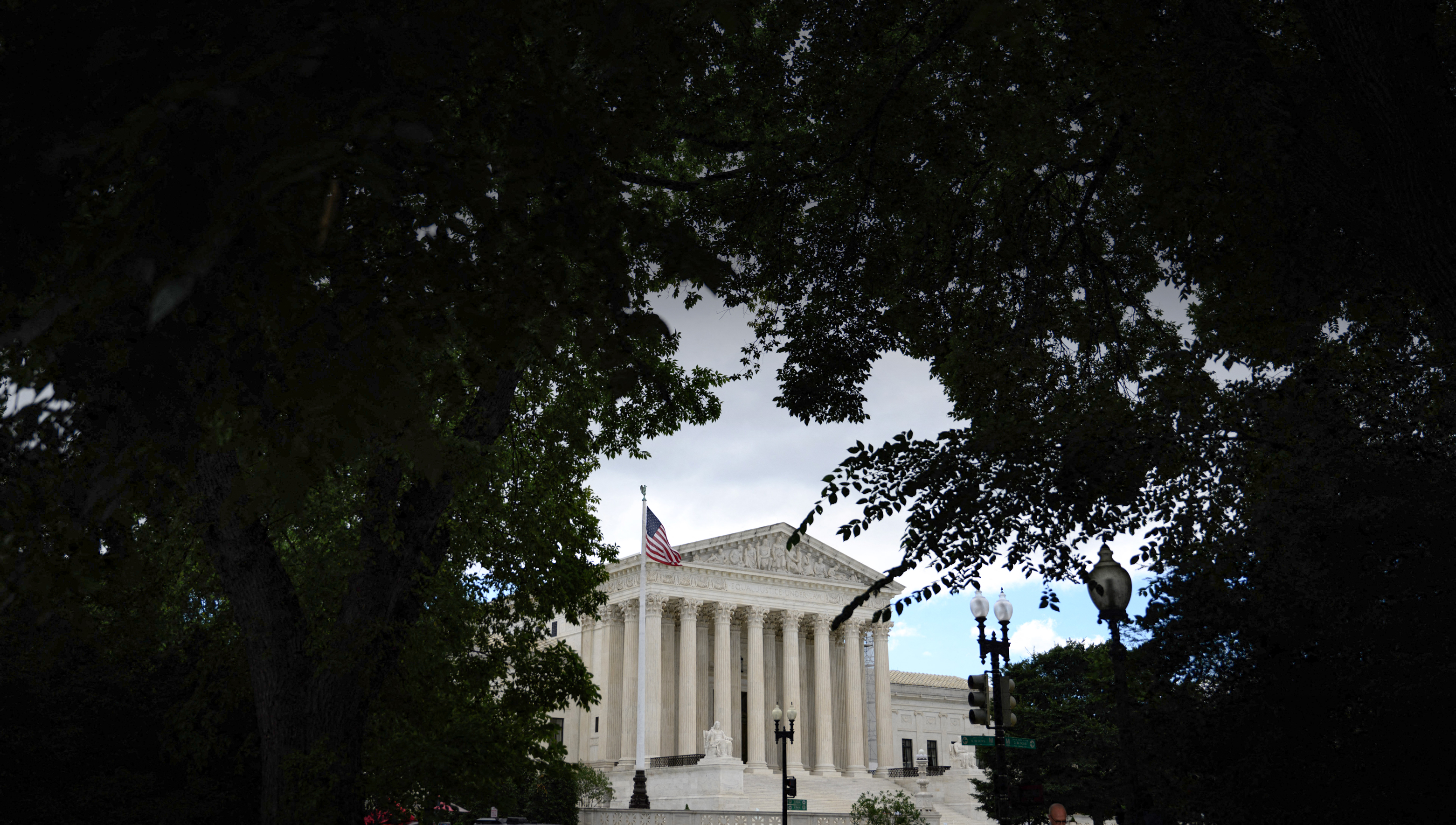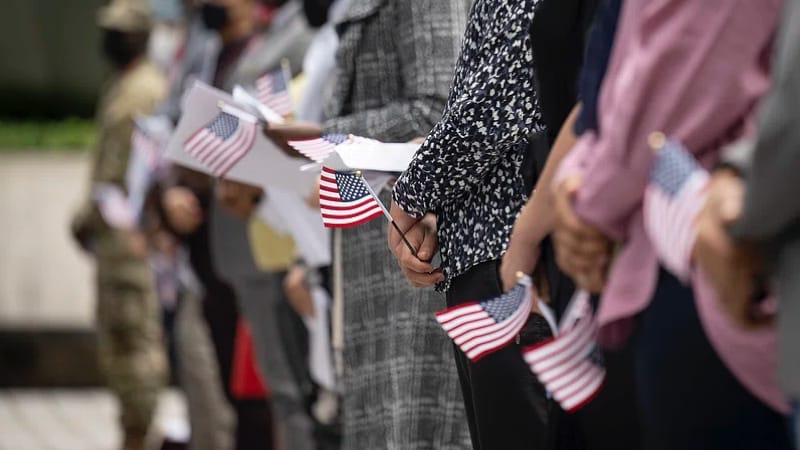
By Andrew C. McCarthy
NationalReview.com
Shortly after the Constitution went into effect, the first Congress enacted a naturalization law. Lawmakers superseded this statute just five years later. Both provisions derived from the Constitution’s grant to the legislature (in Article I, Section 8) of the power “to establish an uniform Rule of Naturalization.” That grant, along with these naturalization statutes of 1790 and 1795, edifies us about the Framers’ conception of citizenship, and of the status of aliens and their children.
Status questions about the children of aliens have moved to the fore in recent months. Central Americans, enticed by laws that perversely incentivize illegal immigration, have sought entry en masse at our southern border. This week, with an oncoming “caravan” of migrants galvanizing President Trump’s base on the eve of the midterm elections, these questions have stoked a heated debate — with all the shopworn smears of racism and bad faith that are now staples of American public discourse.
In campaign mode, the president floated the idea of issuing an executive order that would purport to deny “birthright citizenship,” i.e., to end the policy of granting American citizenship to children born in the United States to alien parents who are not legally present here. I highlight “purport” and “policy” because the president’s opponents counter that these newborn children of illegal aliens are granted citizenship by the Constitution, specifically, by the 14th Amendment. Therefore, the argument goes, this grant of citizenship is not a mere policy but a command of the highest law of the land; it may not be reversed by an executive order, or even by a law of Congress, the branch empowered to set the terms of citizenship.
That is a lot of weight to put on an amendment that had nothing to do with regulating aliens — an amendment ratified in 1868, a time when there was no federal-law concept of illegal aliens.
State Responsibility
Rarely noticed in our era of the Beltway Behemoth is how sparse the Constitution is on the matter of central-government power over aliens. The naturalization clause is the beginning and the end of it. Congress was given the power to prescribe what aliens needed to do to become Americans. But there is not a word in the Constitution about law enforcement, nothing about which aliens would be allowed into the country, or on what conditions they would be permitted to stay.






















